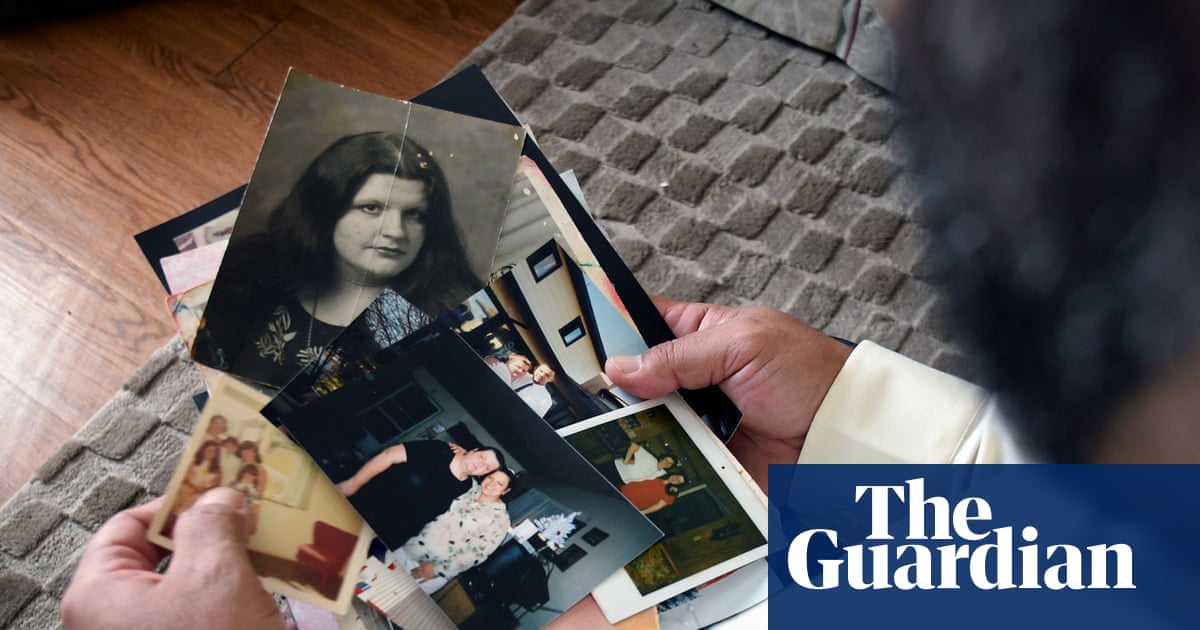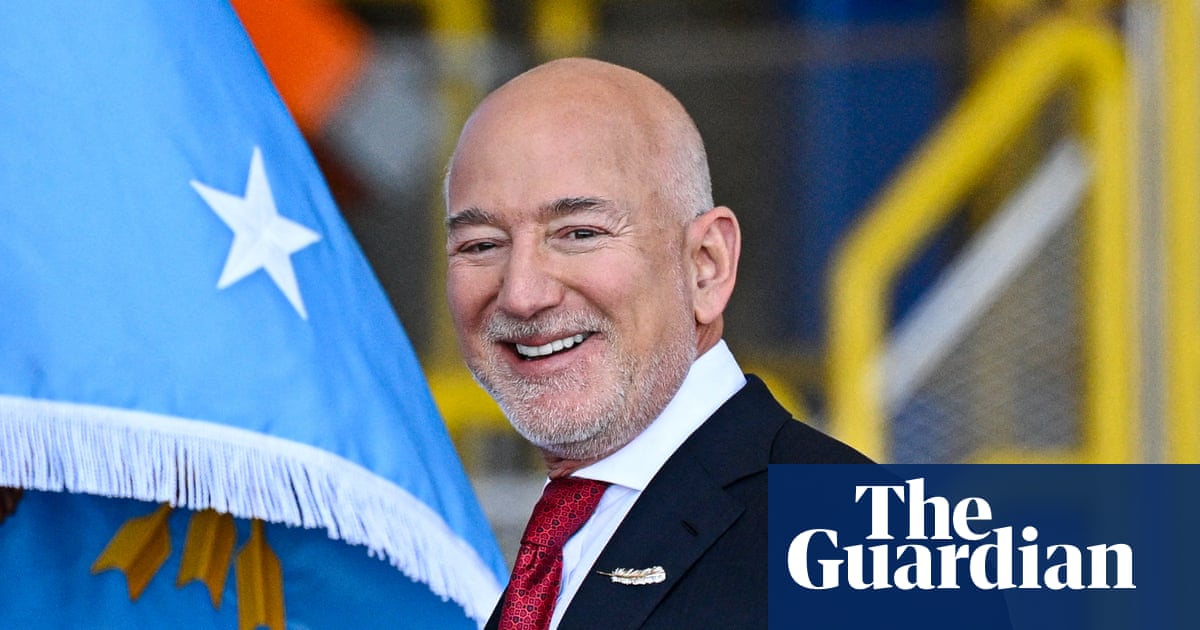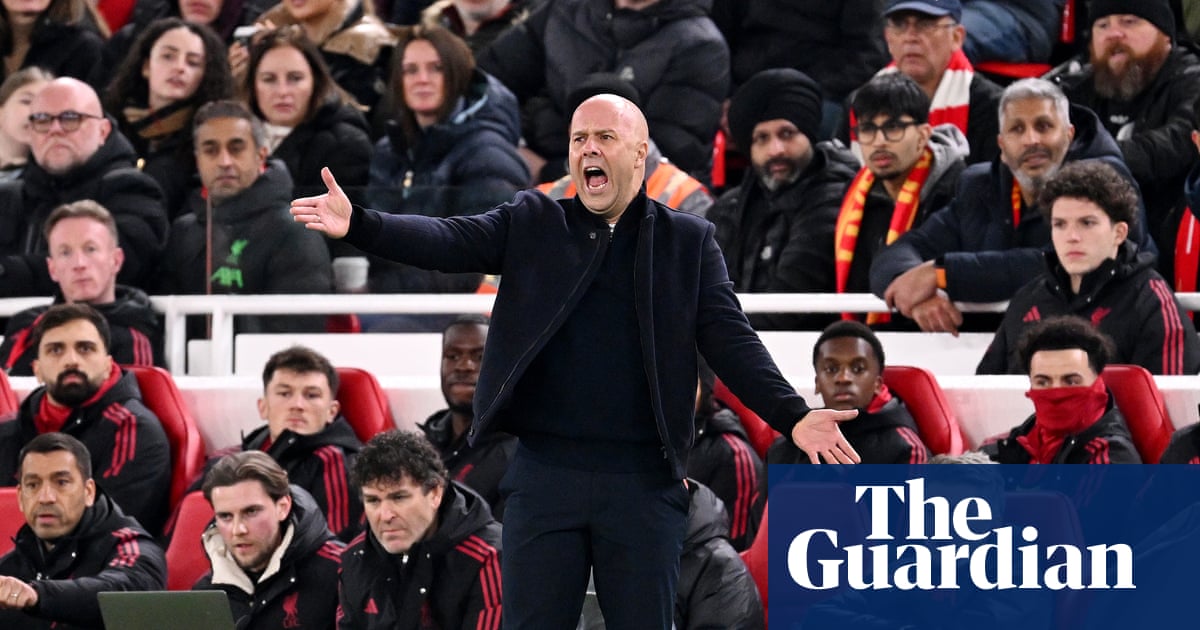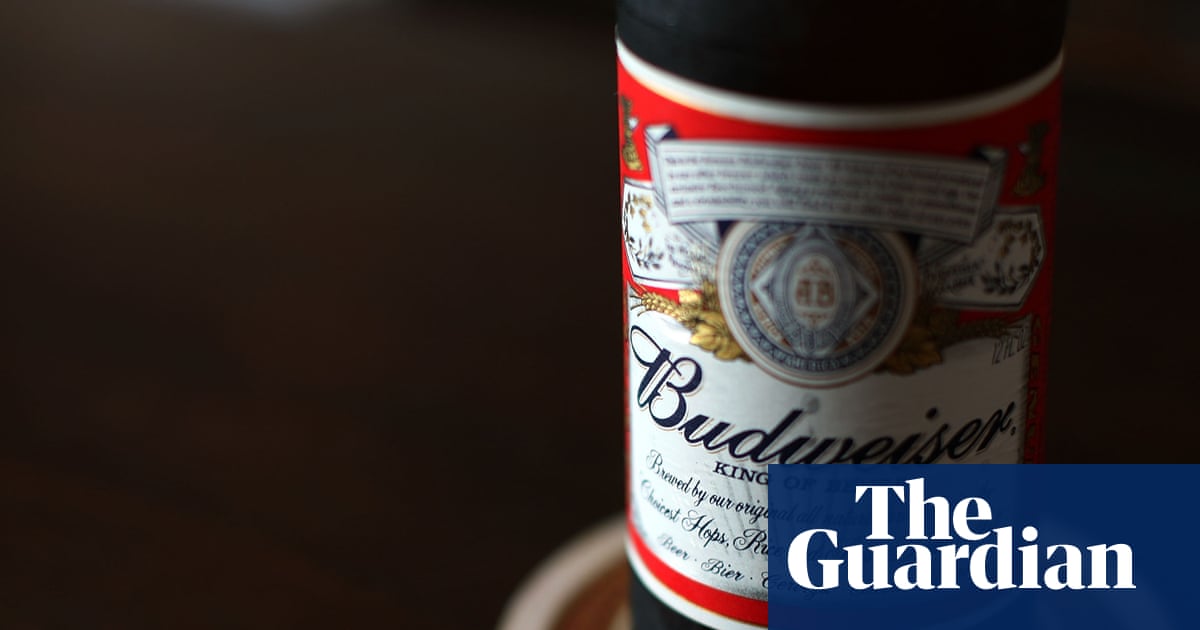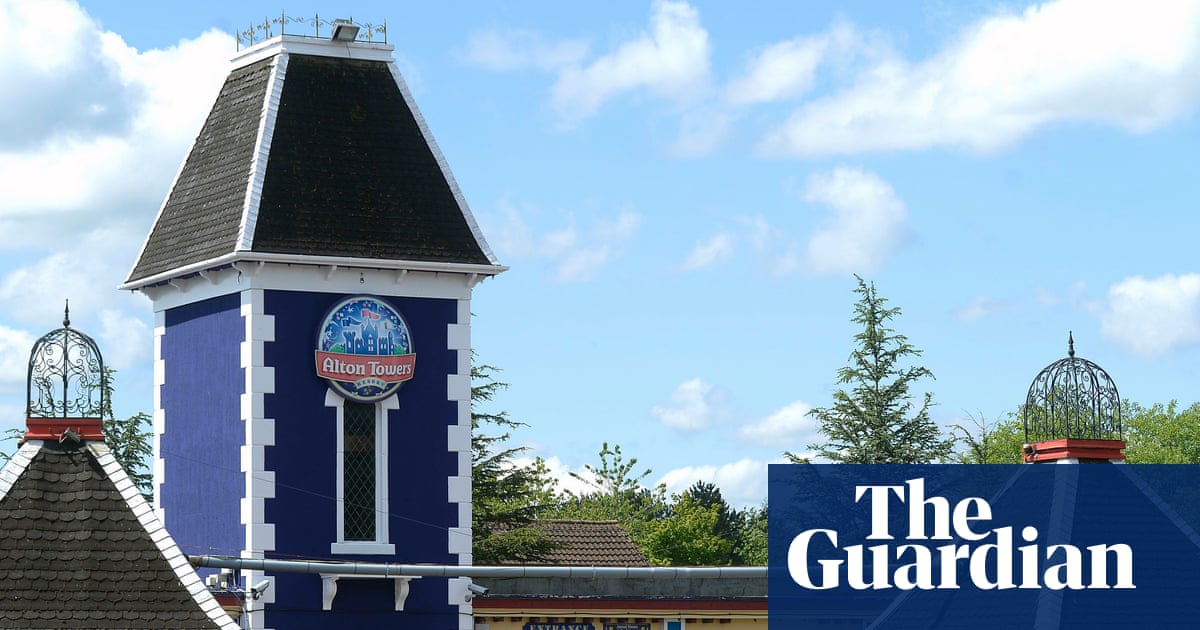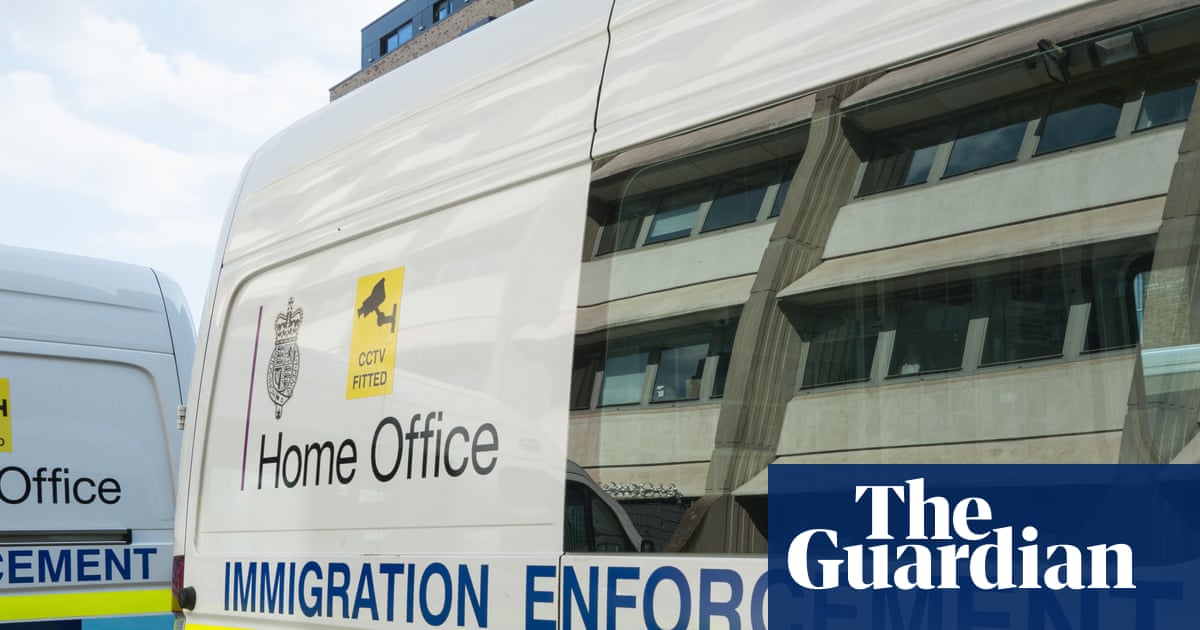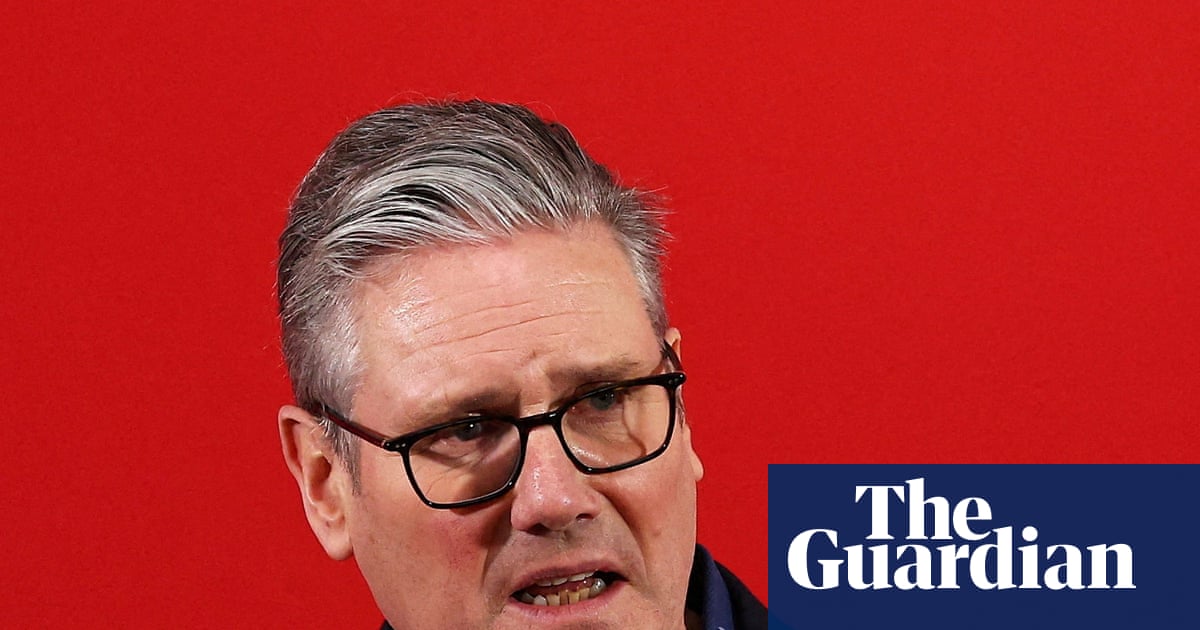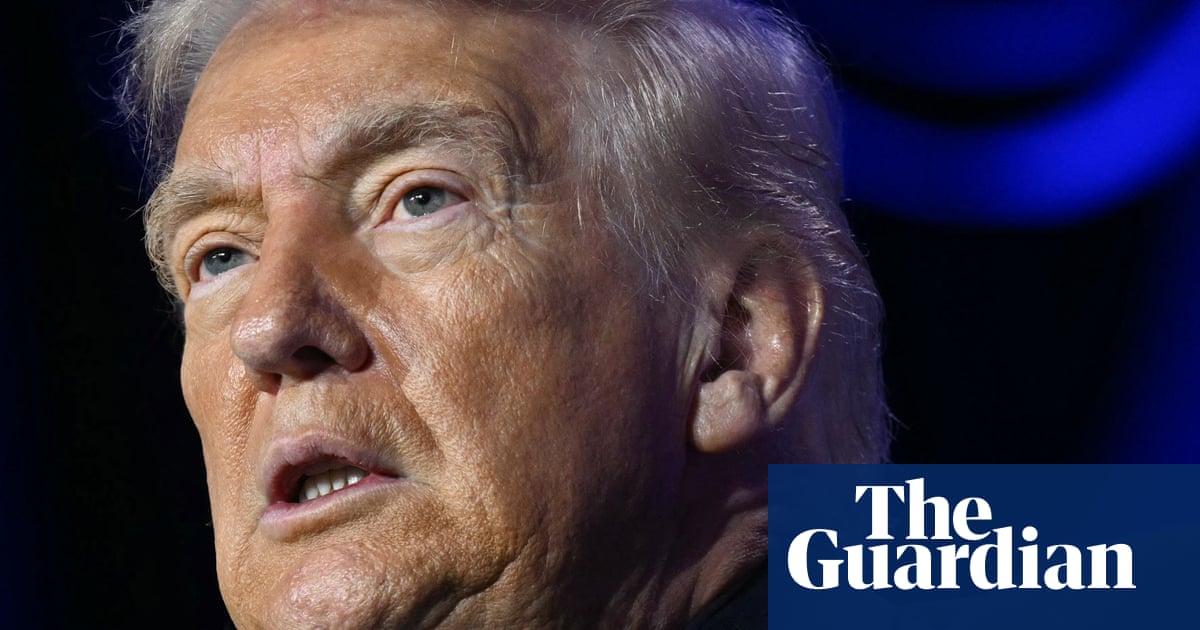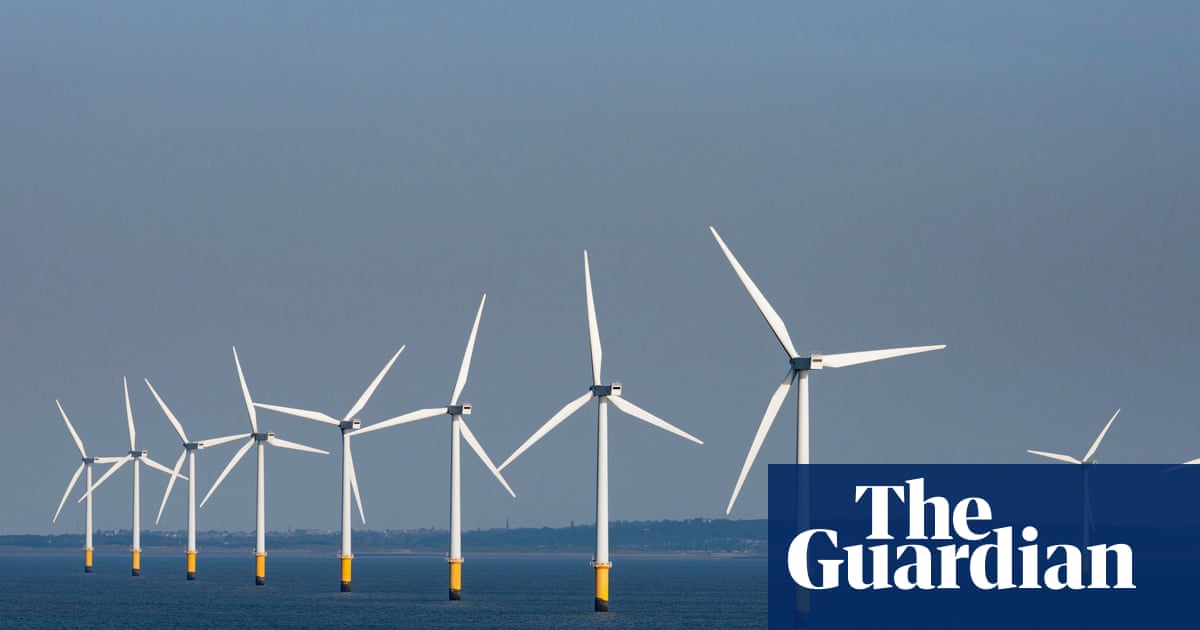There is a joke regularly deployed by BBC staff that “deputy heads must roll” over big mistakes because they rarely appear to have any impact on those at the top of the organisation. That all changed on Sunday, when Tim Davie and Deborah Turness both quit their jobs.
Davie oversaw no shortage of scandals during his five years as director general – in recent months these included rows over a Gaza documentary and Glastonbury coverage – and was nicknamed “Teflon Tim” by BBC insiders because nothing seemed to stick.
But this week, it did.
Odd, though, that the trigger for this crisis was a largely forgotten report by the Panorama programme, broadcast more than a year ago, about the US election.
The Daily Telegraph, never a friend to the BBC, was leaked a report by Michael Prescott, a former adviser to the BBC committee overseeing editorial standards.
Prescott’s report suggested Panorama edited a Donald Trump speech so it looked as if he had explicitly encouraged the Capitol riots.
Prescott accused the corporation of “serious and systemic” bias in its editorial coverage. Perhaps predictably, parts of the right immediately leapt on the report.
Boris Johnson told the Telegraph that Davie “must either explain or resign”. The Tory party leader, Kemi Badenoch, said “heads should roll”. The story was picked up in the US, where the White House described the BBC as “100% fake news” and a “propaganda machine”.
Senior BBC insiders were dismayed.
Aware of the crucial role the corporation plays in national life, they have admitted to genuine concern about the proclivity for big editorial errors. But they have also had deeper fears: that the attacks are part of an ongoing political and ideological campaign by those who want to undermine the organisation.
Yet the government has had concerns of its own over the BBC. Lisa Nandy, the culture secretary, said on Sunday – before the resignations – that she had “countless conversations with the senior leadership, too many to name, and far more than I would like” since the election. There appeared to be have been little trust between her and Davie.
Nandy warned that there was “a very, very dangerous environment in this country where people can’t trust what they see”. BBC News – with its huge reach at home and abroad – plays a key role in challenging disinformation in the increasingly polarised media landscape.
It is because of this that Nandy is understood to privately share the concerns of many BBC staff that some of the attacks on the corporation are politically orchestrated – and that there has been a dearth of figures at the top of the organisation who can successfully navigate culture wars.
Many inside government – and across the progressive parties – share the view that, for all its faults, the public service broadcaster’s role in preserving democracy, which is under threat from the rise of the populist right, is vital.
“The BBC isn’t perfect, but it remains one of the few institutions standing between our British values and a populist, Trump-style takeover of our politics,” the Lib Dem leader, Ed Davey, said on Sunday.
Yet whatever politicians think of the BBC, its fate lies with the public, and whether the British people have confidence in its future. Ultimately, that depends on fair and accurate reporting, free from political or ideological bias – from either side.
The BBC regularly comes out top in UK media trust rankings. Yet the latest row comes at a particularly sensitive time, with the government due to review its royal charter before the current term expires in 2027.
Senior government insiders hope to use the charter review process to “future proof” the BBC by putting in place structures that protect its independence – but also to make sure the corporation is more accountable.
It will have to be for the BBC to repair the broken trust with politicians, with some of its own journalists and – crucially – with parts of the public.

 2 months ago
65
2 months ago
65


